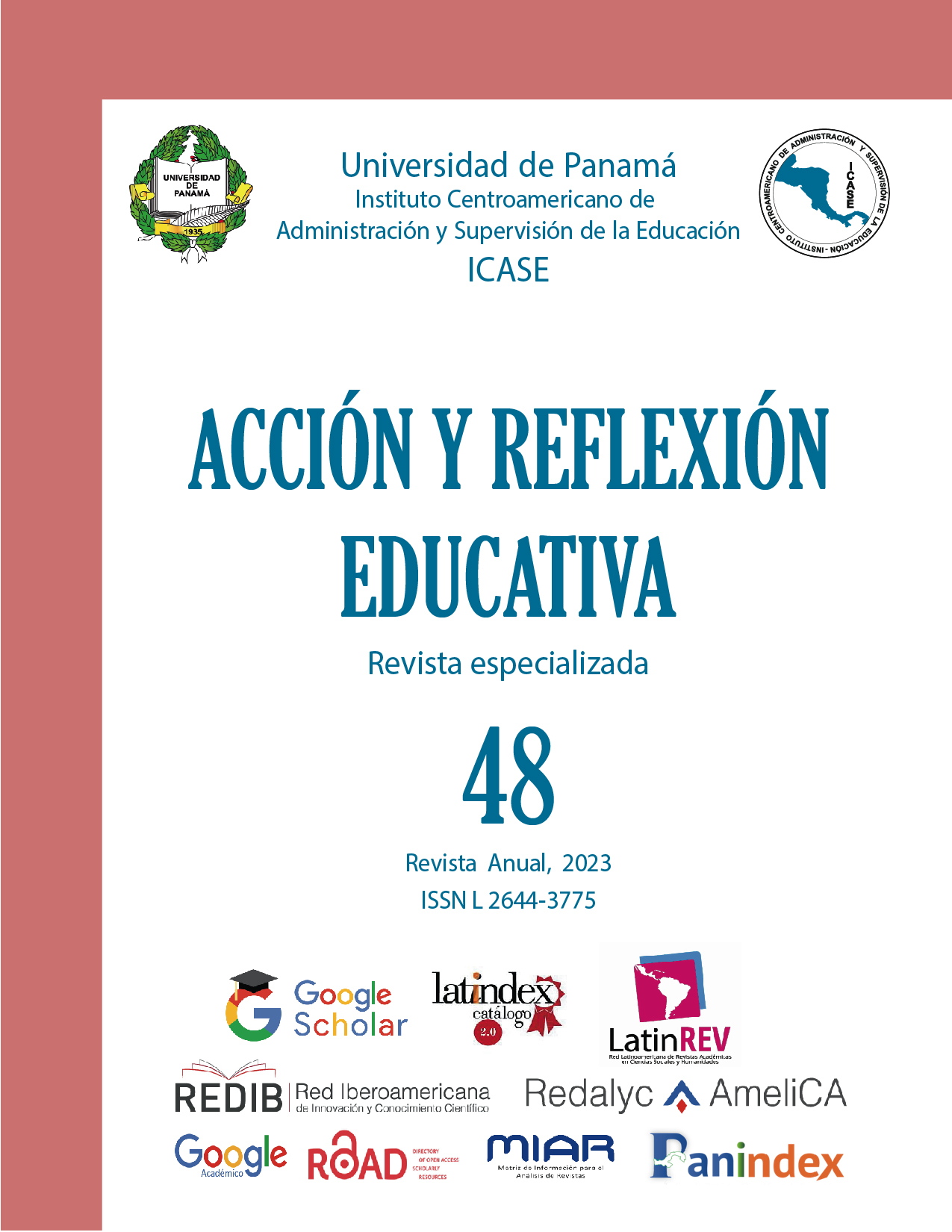


This work is licensed under a Creative Commons Attribution-NonCommercial-ShareAlike 4.0 International License.
The objective of this article is to identify which are the pedagogical actions that favor the realization of significant knowledge in the teaching of Social Sciences, when teaching is taught from virtuality at the secondary level, to then design an action plan that allows intervention in the classroom and improve the quality of construction of significant learning.
A mixed methodology (quantitative and qualitative) was used, which first consisted of the application of online surveys to a sample of 52 students selected through simple random sampling. Subsequently, a focus group and an interview with a teacher were carried out. All this allowed us to determine that the selection of resources and the didactic management of the contents have a wide influence on the realization of significant learning. Likewise, a 5-week intervention plan was designed, various workshops were given with activities designed to specify significant learning from virtuality.
At the conclusion, it was determined that to build this type of virtual learning, active socialization of the content is needed. Similarly, it was identified that the concept map and the flipped classroom strategy are ideal pedagogical activities to work on significance.
You may also start an advanced similarity search for this article.